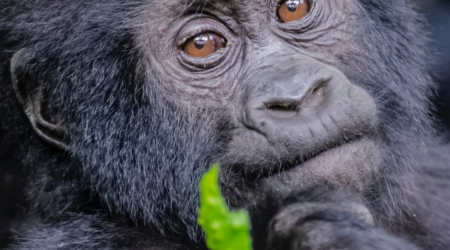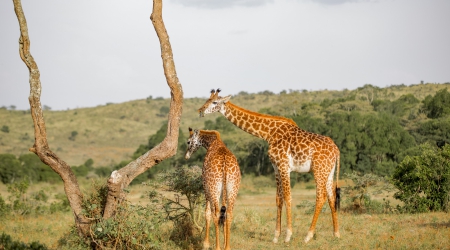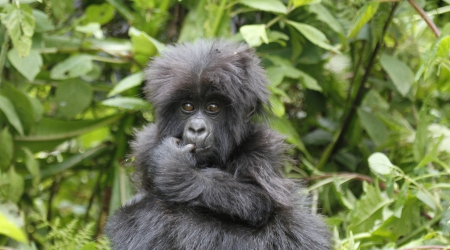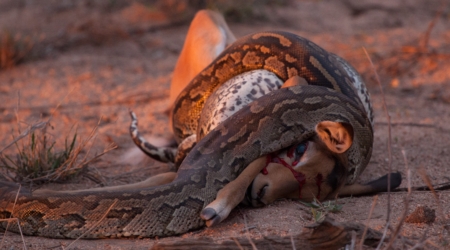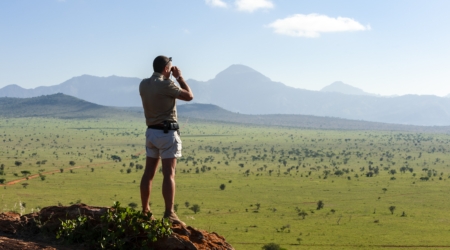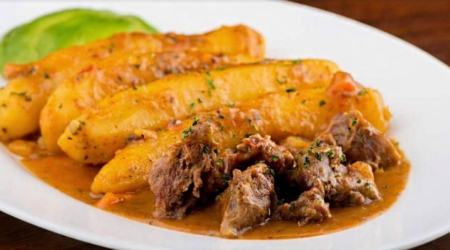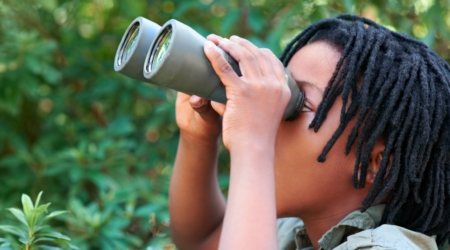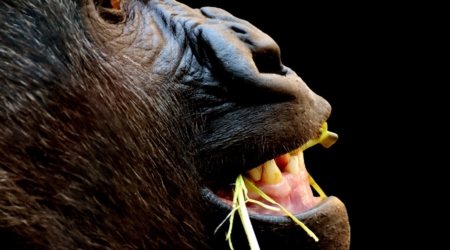 Following the outbreak of COVID-19, the Government of Gabon decides to temporarily close its national park for viewing the great apes and protect them from this pandemic virus.
Following the outbreak of COVID-19, the Government of Gabon decides to temporarily close its national park for viewing the great apes and protect them from this pandemic virus.
Gabon has so far confirmed a COVID-19 case but in fear it could also spread like Ebola in the 1995 that wiped out more than 90 percent of the giant apes.
80 % of Gabon is covered by forest which harbors primates including gorillas and chimpanzees and because of this novel virus, human interaction with the apes may lead to transmission which may later affect Gabon tourism.
Gabon has therefore taken serious measures to stop the spread of the virus putting a ban on all tourist activities, closing schools, bars and nightclubs since Friday, after it confirmed its first case of COVID- 19 with a 27 year old who had returned from France
Gabon has 12 national parks for wildlife conservation, however gorilla tracking safaris are not yet fully developed though most of the national parks are gorilla habitat. Moukalaba-Doudou National Park is one of the highest densities of gorillas in Africa and an ecotourism project was started with the intention of allowing tourists to visit these primates.
There was also a habituation program for lowland gorillas in Lopé National Park but ended unsuccessful. However the only way to view the gorillas in Lopé National Park is while on a safari to see other wildlife.
Loango National Park has unique bio diversity spreading all the way to the Atlantic Ocean. The park has a great combination of marine life allowing tourists to spot dolphins, whales, school of hippos along the ocean shore whereas as the forests are home to chimpanzees, low land gorillas as well as forest elephants.







